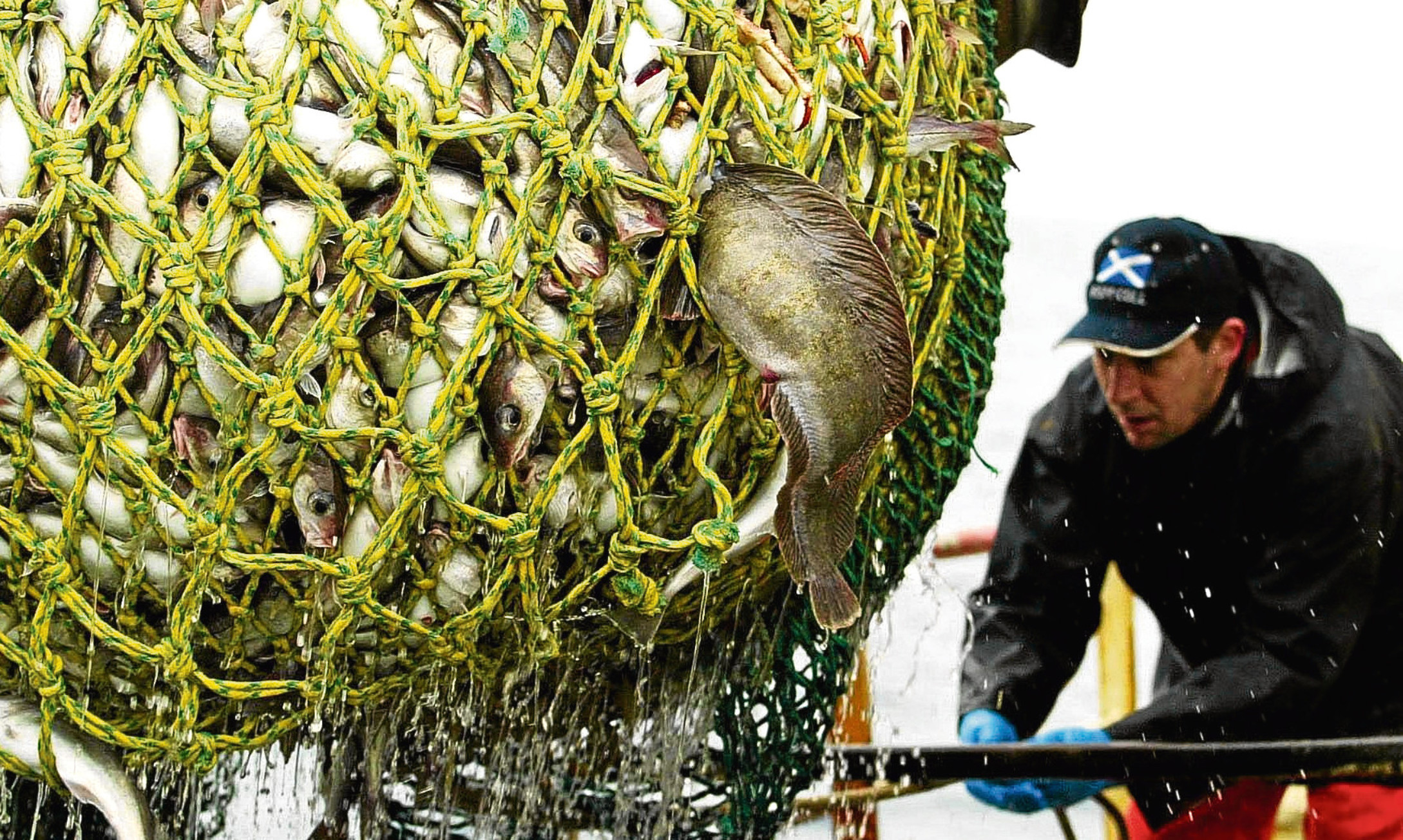As the Scottish Government has few choices and little control over EU membership, it’s time we asked – what can Brexit do for us?
Quite a lot, it turns out.
Policy in Scotland is shaped by EU rules.
Exactly how much will not become clear until Brexit happens but some of it is obvious.
Farming is not a big part of the economy – around 3% of GDP – but it is a huge part of our social and environmental structure.
It gets a lot of public money – around £600 million was given out last year in EU aid under the guise of helping farmers.
In fact, the money helps landowners – the grants are for land use, not food production.
That’s why rich landowners get hundreds of thousands of tax payers’ cash, often for leaving the land fallow.
Farm subsidies have become a weird reward for people rich enough to have land in the first place.
These tend to be the very same people who resist any form of land tax.
Their mantra is the state shouldn’t tax wealth but the wealthy should be helped by the state.
Yet actual food producers – farmers – struggle economically and could do with real help.
Brexit means we can scrap the system and start again.
Speculation is that Westminster may give Holyrood control over the farm subsidies awarded in Scotland as part of a Brexit-driven reform of the UK.
If we changed the system so the money went to active food producers, it would be better for the economy and end the unproductive hoarding of land.
If the Scottish Government followed this up with a land tax it could ignite a boom by making tens of thousands of acres economically active.
Fishing is a murky world of licenses and super-rich powerful bosses who control them – a perfect example of EU policy intentions getting perverted in practice.
We will always need some restriction on over-fishing – but not the EU one.
With Brexit comes no competition for our fishermen in home waters.
We could expect the fleet to expand and, buoyed by greater income, remove any kind of subsidy to the industry.
Then there are all the EU rules about state assistance and competition.
These mean public contracts have to be competitively tendered and there can be no state money to help essential industries.
If those rules no longer apply, then we can reimagine the state.
For example, schools and hospitals would be free to buy their food from local suppliers only – ensuring a good, fresh diet and a massive reduction in food miles.
It would also mean a state energy company could be set up. Instead of subsidising the private sector to produce renewable energy, we could have a publicly-owned utility providing energy at cost price to consumers.
In short, we could copy the visionary hydro-electric schemes of the 1950s and 1960s, which brought power to the Highlands at a low and fair price but this time, with windfarms.
The ferry company Caledonian MacBrayne recently went through a lengthy process of having to justify its existence against EU rules. Such bureaucratic dramas can end with Brexit.
The EU Water Directive requires water utilities to reach an arbitrary standard of cleanliness and infrastructure.
The bane of publicly-owned Scottish Water is having to abide by EU rules designed for Southern Europe which are unsuited to our geography and climate.
A total of £4 billion of capital expenditure is allocated to Scottish Water over the next 20 years. Imagine if we could cut that figure and also cut the water charge to households – a double whammy of good news.
What about the EU requirement that free university education must be offered to EU students too – we might think that’s a good thing to keep but the choice would be ours.
Brexit will also mean the Transatlantic Trade and Investment Partnership is history – and the threat it contained to the state provision of health care.
We can negotiate for open markets but not at the expense of threatening our distinctive social settlement.
Donald Dewar echoed Irish nationalism when he spoke of devolution allowing legislators to find “Scottish solutions to Scottish problems”.
Since 1999, when the Scottish Parliament began, there has been a marked lack of policy innovation.
Either we don’t have many “Scottish problems” or our MSPs aren’t up to the job of finding “Scottish solutions”.
Political parties of all hues have been able to hide behind the “EU defence” – namely, citing complex rules as a block to any change.
Brexit means the age of policy inertia is over – our politicians have no restriction on their imagination, no dodge to not deliver reform.
We can sit around and bemoan our fate or seize the moment and rebuild Scotland with a view to boosting food production, helping our environment and making ourselves energy-independent.
Its not what our politicians wanted – but politics is about dealing with reality, not wish lists.
